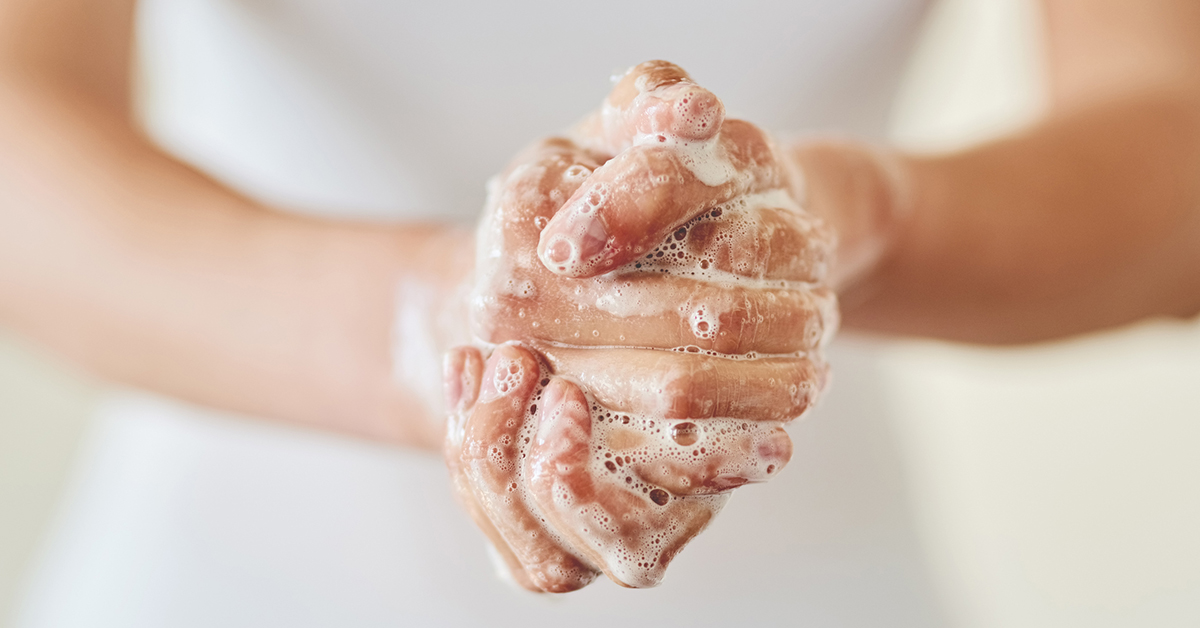
6 Tips for Avoiding Infections This Winter
-
Updated March 6, 2020
Infections are one of the most common—and potentially dangerous—complications of cancer. That’s because the disease, and some of the same treatments that help destroy cancer cells, can weaken the immune system, making you more vulnerable to serious infections.
Ask your doctor if any treatment you’re undergoing could affect your immune system. And if the answer is yes, these six precautions can help protect you from infections this winter.
1. Roll up your sleeve for a flu shot if you haven’t yet. Though it’s best to get vaccinated as soon as the flu season starts, it’s not too late to get the vaccine. The flu season can sometimes last into late May. Keep in mind that it is also a good idea to encourage family members to get their flu vaccines as well.
The American Cancer Society recommends that most people with cancer, cancer survivors, and their family members should get a flu shot. For more information on preventing the flu in this population, read: Should People With Cancer Get a Flu Shot.
2. Be a little people shy. As much as possible, avoid crowds, and try to keep your distance in public spaces—think subways, buses, airports, movies, concerts, and sports events. Also try to avoid anyone with a cold, the flu, or another contagious illness. If you’ve been exposed to the flu, tell your doctor right away. He or she may advise an antiviral medicine as a precaution.
3. Scrub those hands. This simple safeguard is one of the best ways to protect yourself from germs. So now, more than ever, you’ll want to wash your hands frequently—and well. What’s well? Scrub for at least 20 seconds—that’s the time it takes to sing “Happy Birthday” two times through. Don’t forget to lather the backs of your hands, between your fingers, and under your nails. Ask everyone you live with to wash their hands often, too.
4. Practice good glove habits. Gloves are a useful winter accessory. But they can harbor germs. Be sure to wash them often if you wear them.
Remove gloves when touching objects that other people use—for instance, ATM key pads, shopping carts, and crosswalk buttons. And wash your hands or use hand sanitizer immediately afterward.
When taking gloves off, first carefully loosen them at the fingertips. Next, pull each glove off with your opposite hand—don’t use your teeth or mouth to remove a glove.
5. Soothe your skin. Wintery weather can make your skin dry, as can radiation treatments. And dry skin can flake, itch, and crack. Those skin breaks are a gateway for germs. To help keep your skin moist, apply a moisturizer immediately after bathing. And use only gentle, unscented skin care products that your doctor has approved—some can interfere with radiation treatment or irritate treated skin.
If you’re fond of wearing wool in the winter, keep in mind it can be irritating to sensitive skin—you may want to opt for less scratchy fabrics or wear a soft layer, like silk, under any woolen garments.
6. Reduce your risk of food poisoning. Winter temps—and a possibly diminished appetite—may mean you’re venturing out less to eat and you’re preparing more meals at home. Take care not to serve yourself food contaminated with bacteria or other germs. Use a clean knife to cut different types of foods, and use a separate cutting board for raw meats. Cook meat thoroughly, wash produce well—even if it comes in a package that says it’s prewashed—and refrigerate leftovers promptly.
At Fox Chase, we’re committed to helping cancer patients stay healthy year- round. Our dedicated teams of cancer professionals work with patients before, during, and after treatment to reduce the risk of infection.
